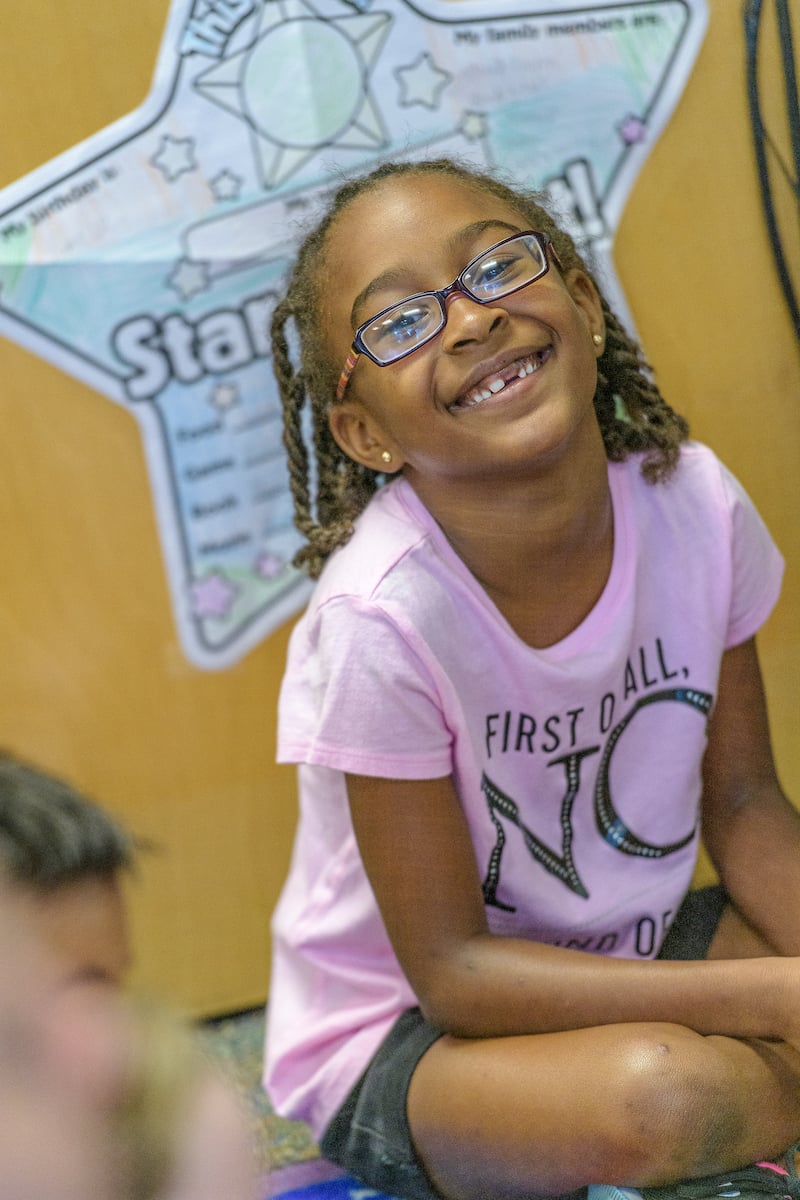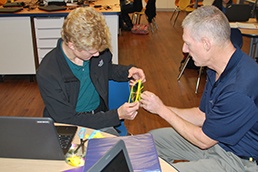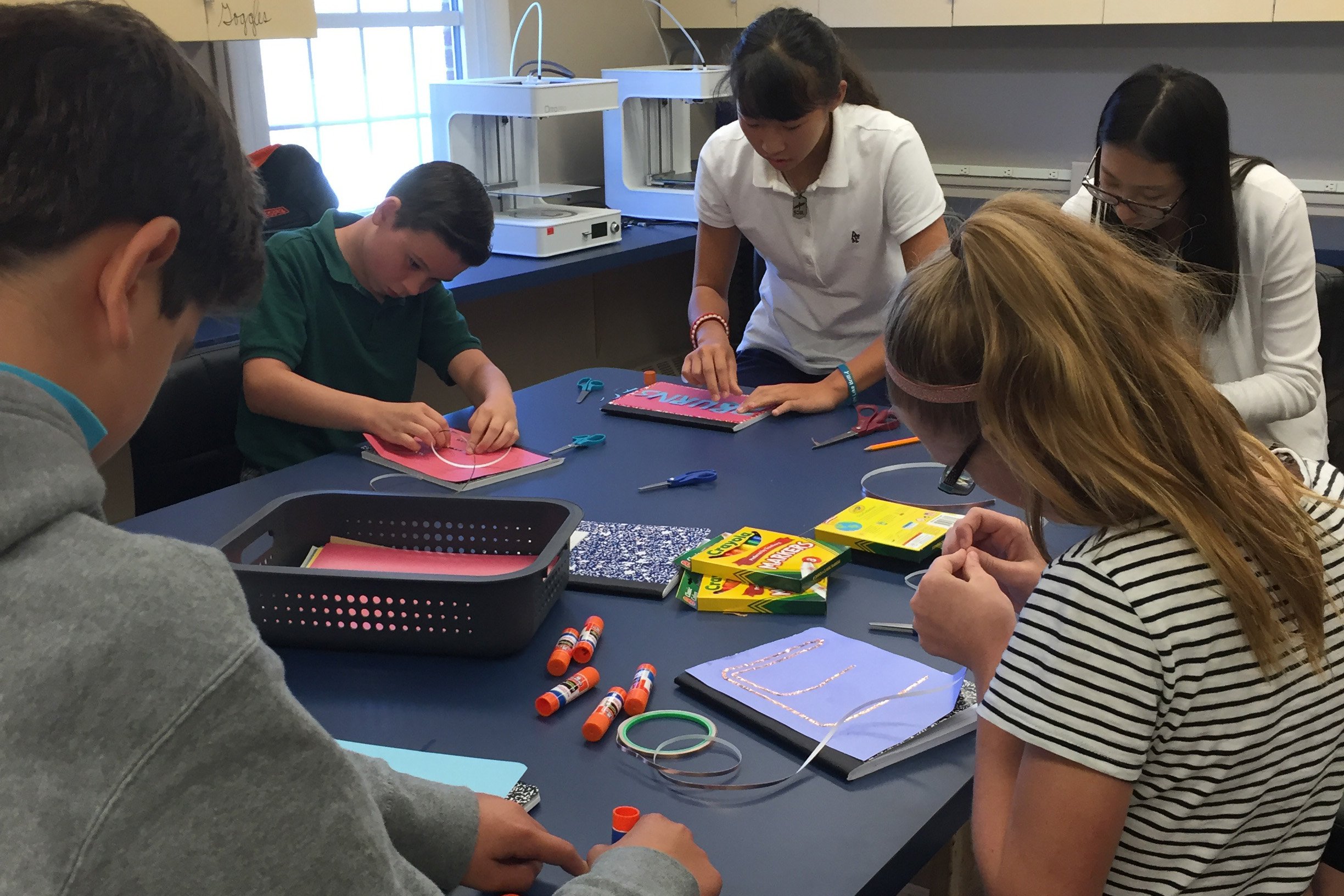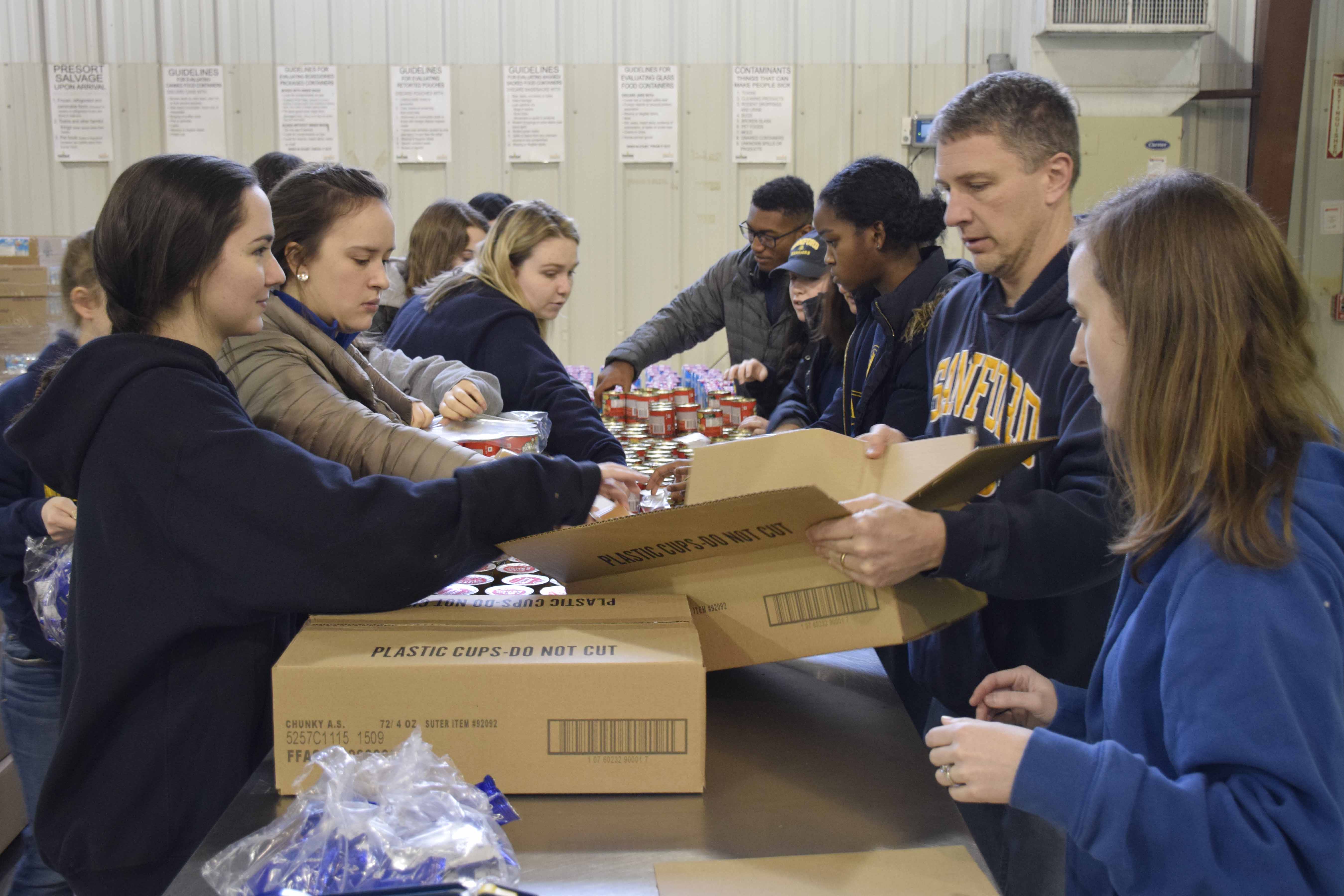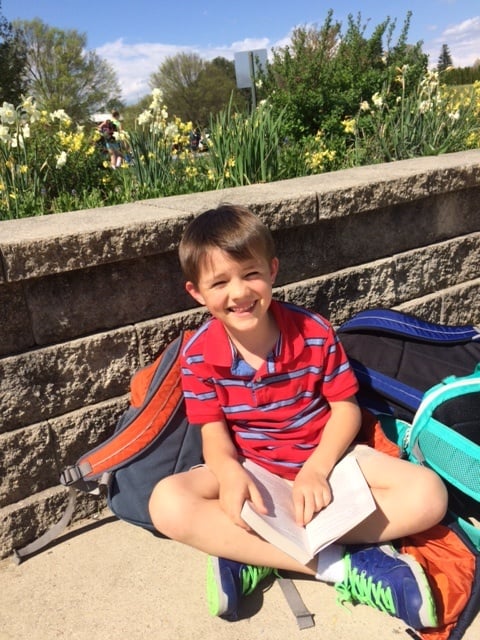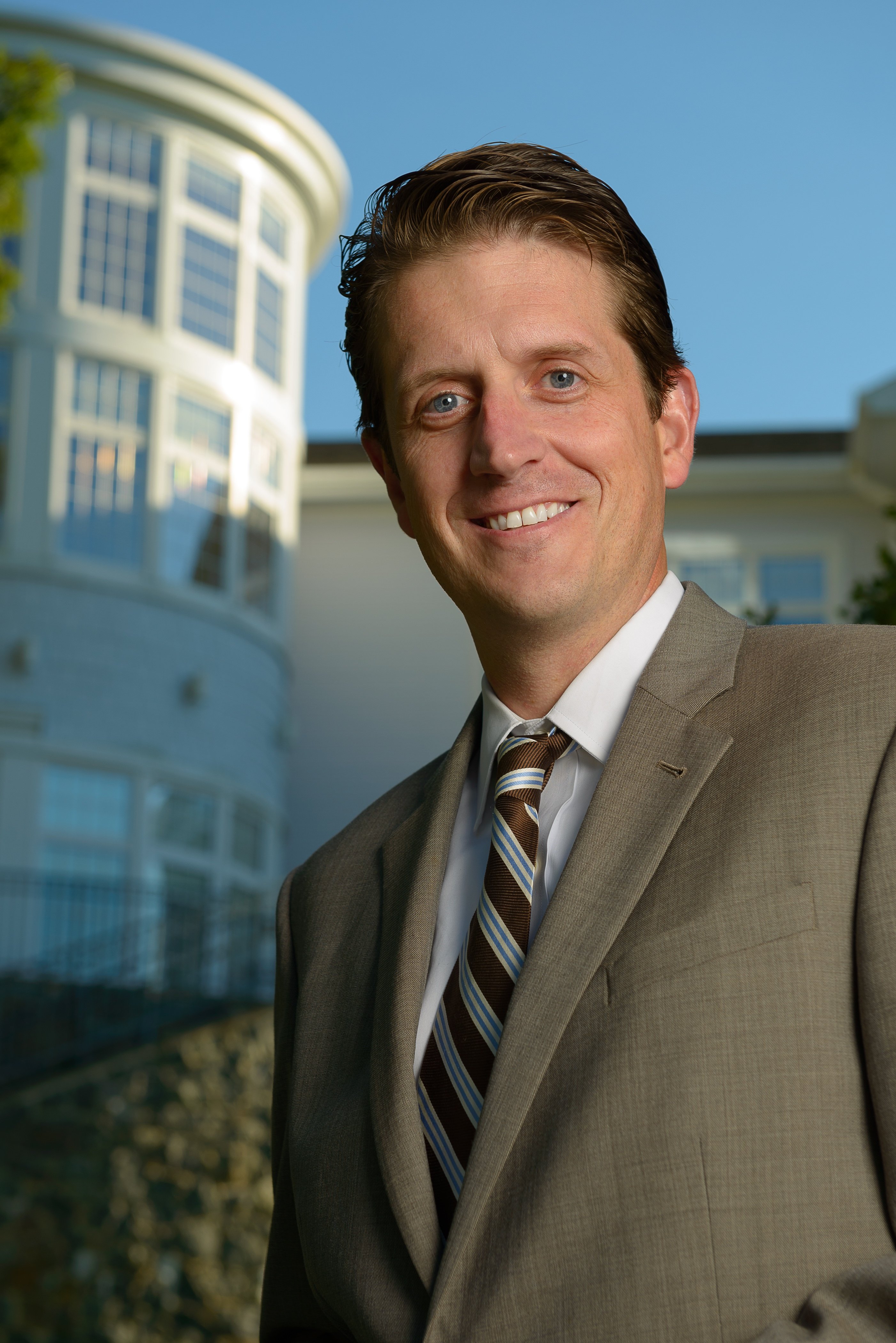What if you had to choose whether your child would learn to understand algebra or be a kind person, but not both? Fortunately, we don’t have to make those kinds of decisions because good schools teach both academic skills and interpersonal skills. Most parents have an understanding of the academic concepts taught at schools and can find more specifics in a curriculum guide or a set of grade-level standards. But, where do you look to find out what schools are doing to help kids grow up to be kind and responsible adults? How do you get a sense of how kids treat each other at a particular school?
Finding Character Education Programs in Schools
Topics: Education, Academics, Health & Wellness, Diversity
Authentic learning is messy, loud, and somewhat chaotic as students grapple with application of their ideas and classroom learning to solve a problem. Authentic learning is active, creative, and fun.
What Does Authentic Learning Look LIke?
Student teams discuss their thinking, develop and implement a plan of action, and get to work. Some plans fail, and students learn to quickly adapt their thinking and craft new solutions as they work within time constraints.
This ebb and flow of successes and failures is part of authentic learning, and students learn more from failures than successes.
Makerspaces? What Does the Maker Movement Mean?
“What do you do in a makerspace?
The simple answer is you make things.
- Things that you are curious about.
- Things that spring from your imagination.
- Things that inspire you and things that you admire.
Service Learning: Developing Awareness and Empathy for Others
With all the attention to global issues and STEM in education these days, we can't help but be mindful of the roles of awareness, inquiry, collaboration, and appreciation of diverse points of view when solving problems. These approaches require a degree of outer-directedness and empathy, which any healthy school culture seeks to promote in its student body, staff, and greater school community. Service learning encourages these same attributes as students develop awareness of and attend to the needs of others both locally and globally. Students who participate in service learning develop into ethical, responsible, and caring human beings. They learn the importance of working together to support their communities by giving their time to help others. Research demonstrates the benefits of service learning.
Topics: Education, Academics, Health & Wellness
Benefits of an Advanced Placement (AP) curriculum
When selecting high schools, multiple factors weigh into a family’s decision: size, location, the strength of the program, and programmatic choice, to name a few. The presence of an Advanced Placement (AP) curriculum within a high school signals a respected level of educational excellence. AP courses offer rigorous college-level content within a secondary school setting.
A school with an AP program may provide many benefits to students and families:
- Students develop the habits of mind and skills required to be successful in college courses while still in high school.
- In-depth study of a particular field often leads to students discovering a passion and pursuing that field as a major in college.
- College admissions officers often view students who score well on AP exams as being more prepared than those who have not experienced AP to handle college-level academics thus predicting a higher rate of success in college.
- Students within the AP program are viewed by college admissions officers as hard-working, and self-motivated.
- AP provides a standard measure by which students applying to college can be compared. Students can distinguish themselves within an elite group of students.
- Students who score well on AP exams may receive college credit for their high school coursework.
- With enough credits accumulated through AP, some students are able to graduate a semester or a year early, decreasing college expenses for families.
- Earning introductory college credit through AP credits may open room in a student’s schedule that would allow the pursuit of elective courses in an area of interest or room for a minor study.
The AP designation offers a benchmark for academic excellence and teacher professional development. For a school to offer the AP designation, the teachers of the course must complete the audit process and be approved by the College Board. Schools must provide adequate resources to AP students and professional development to AP teachers. In addition, the teacher’s content must be approved by the College Board in order to be authorized to use the AP designation.
Topics: College Guidance, Academics, High School Experience
I’m bleeding down my leg, and my bike shorts are ripped, while I can barely hold onto my handlebars due to the road rash on my palms. My back wheel, untrue because of all the weight (50+ pounds) I have tied on top of it, is rubbing against the brake pads, slowing me down and making a sound like a rusty screen door. At an altitude of over seven thousand feet with a sunburnt neck, I have zero cell phone reception and am trying to stick close to the roadside shoulder as cars and RVs zip by me inches away.
Topics: Education, Academics, Health & Wellness
What Makes a High School Writing Program Successful?
Writing is the foundation of much of what students will do in school and in their post-academic lives. As such, it is important to find a school that has a good writing program. A strong writing curriculum allows for flexibility so students can learn in multiple ways and encourages them to stretch and reach. We see the following as the key components of a successful writing program.
Topics: College Guidance, Academics, High School Experience
Private School Education: A student's reflection
Private schools will always hit you with the same buzzwords: Small class sizes, rigorous academic curricula, engaging teachers, and accessible extracurriculars. They aren’t wrong. These core tenets of private school education are what make private schools so attractive to parents wanting the best for their children and for students who are eager to grow. Yet, after being in a private school for twelve years I have come to realize that the most valuable aspects of private schooling are the most intangible ones.
Private school students are exposed to new ways of thinking.
A product of the relationships I have formed with my teachers is the level of respect and maturity they both treat me with and expect from me in return. My teachers do not shy away from delving into conversations about real-world issues out of fear that I cannot handle them. Rather, this type of discourse is encouraged, and with it comes the expectation that the conversation will remain civil, that all perspectives will be regarded seriously, and that the end goal is to learn from one another rather than to prove someone wrong. I’ve learned that different perspectives are not wrong, or offensive, just different, and that all are to be treated with respect. As a result of this mutual comfort I am not hesitant to share my opinions or have in-depth conversations with people much older than I, which is something that I value as I prepare to graduate high school and expose myself to so many different types of people.
Earlier this week, I had one of my weekly conversations with my sister. She has two teenage daughters and a younger son named William. Her girls have always been eager readers, impressing me with the conversations around the novels they have read. As she and I were talking, she mentioned that William was sitting right next to her reading a book.
“So,” I asked, “What is he reading?”
“Well,” she paused and answered, " all William reads is non-fiction about world history. I’m sort of alright with it, but shouldn’t he be reading fiction too? He is missing out on so many wonderful stories.”
I answered, “He’s interested in world history, that’s wonderful! Let him read whatever he wants. ”
I spend a lot of time thinking about school, not just my school, but all schools. Education in our country gets a lot of attention—from parents, from media, and from politicians. This makes sense, because of course we all want what’s best for children—and their performance in school will have a direct impact on our nation’s future success. Unfortunately, and sadly, after decades of study, laws, and billions of dollars, the American K-12 education isn’t very good for most of our nation's children, and it’s far from being great.
There is one exception, in my opinion, and that is our private schools:

